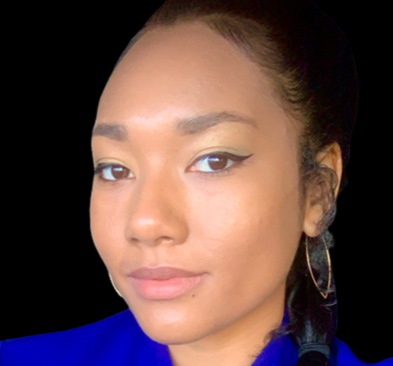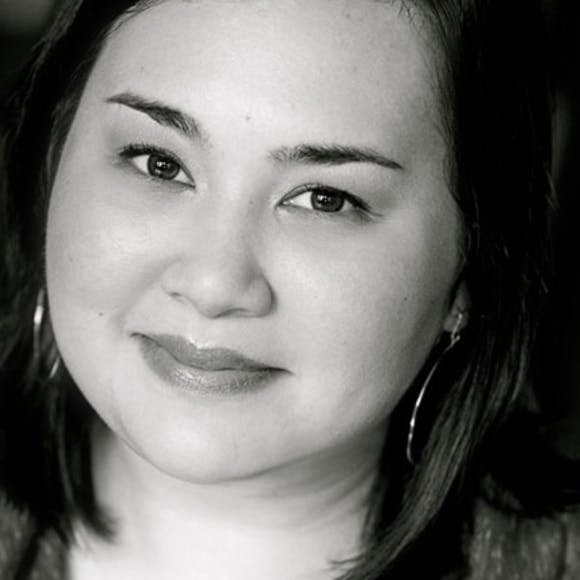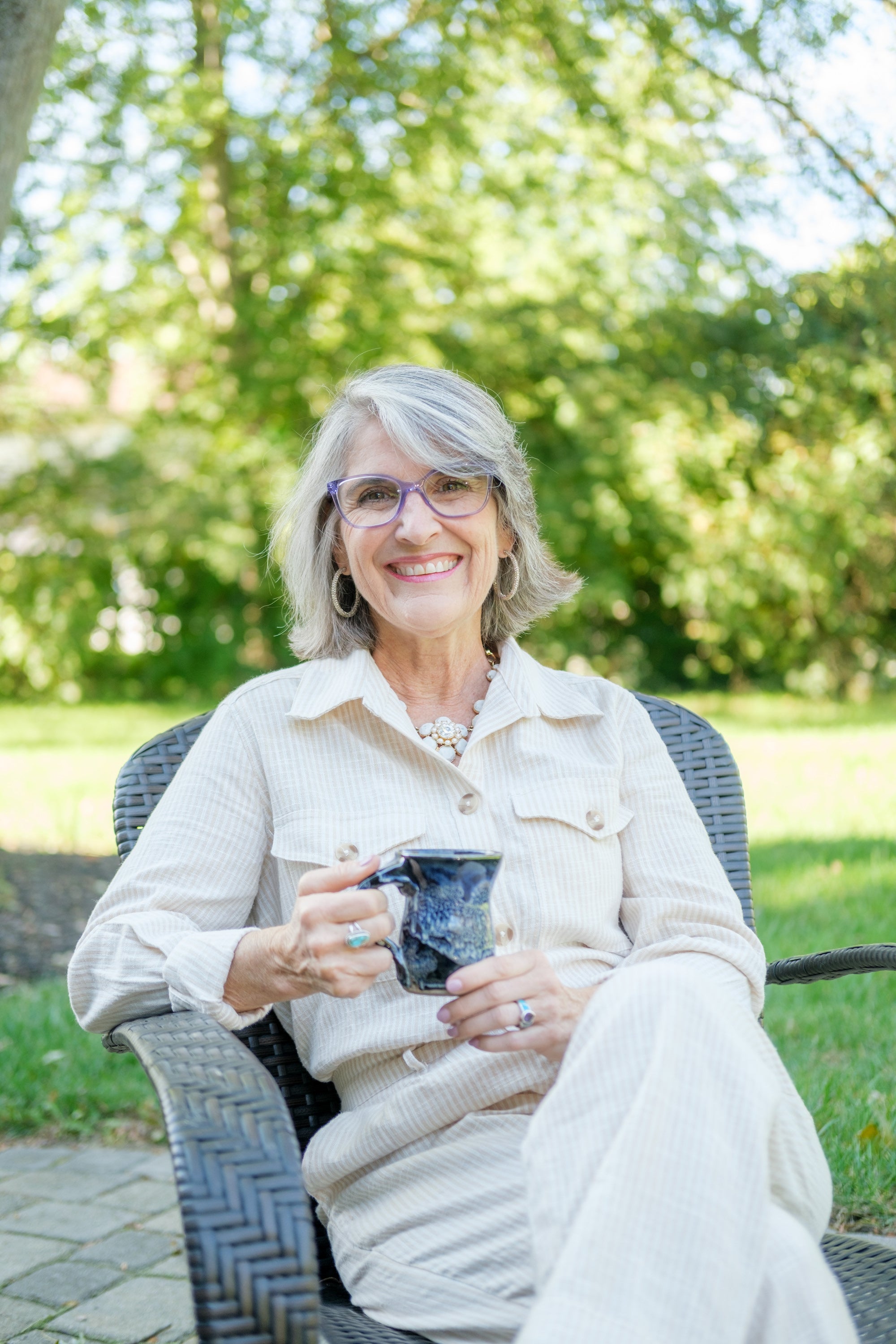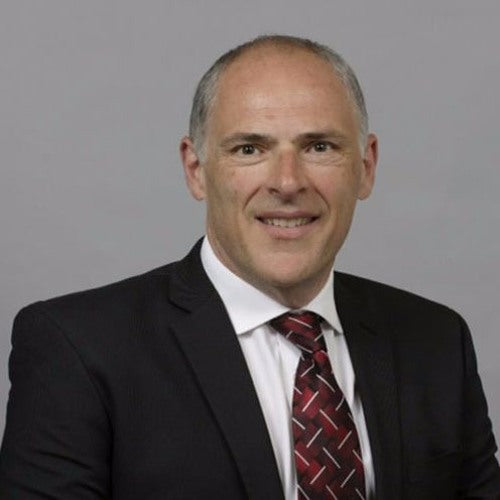Book: The Way I Used to Be

Photo by Emily Karkoski
Header Photo by Deborah Triplett
Author: Amber Smith
Author Bio:
"Amber Smith is the New York Times bestselling author of the young adult novels The Way I Used to Be, The Last to Let Go, and Something Like Gravity. An advocate for increased awareness of gendered violence, as well as LGBTQ equality, she writes in the hope that her books can help to foster change and spark dialogue surrounding these issues. She grew up in Buffalo, New York, and now lives in Charlotte, North Carolina, with her wife and their ever-growing family of rescued dogs and cats."
Caution: This interview will discuss potentially sensitive content pertaining to Sexual Assault
1. Since the 2016 release of “The Way I Used to Be”, the book has gained admiration worldwide. Why do you think this is?
It is very humbling and (sometimes unbelievable) that The Way I Used to Be has had such a far reach, and that, nearly five years after its original publication, it is still being widely read and discussed. I think there are probably a lot of reasons for this, but what I see as being the biggest one, is timing.
TWIUTB came out just as we were beginning to see more serious acknowledgement and mainstream dialogue about rape culture and sexual assault, and then, right on the heels of its release (and many other books that dealt with similar themes) we saw the #MeToo movement go viral overnight. Ultimately, I think people’s hearts and minds were open to stories that reflected what so many of us have known and felt for a long time but hadn’t had a platform to talk about: that there is a real problem in our society in the way it deals with survivors (and perpetrators) of sexual violence, and that change is desperately needed.
2. Why was high school selected as the backdrop to tell this story?
I’ve always been drawn to the “coming-of-age” story. Those teenage years can be such a volatile and beautiful time, full of both pain and joy. These early experiences stick with us, for better or worse, they mold us into the people we become later in life. It’s a time when we’re discovering who we are, what we think, and how we feel about ourselves and the world we live in.
I find that as the years go by I have more and more compassion for my own inner teenager, a greater respect for the experiences I had during that period of my life, and an increased desire to reexamine the events and circumstances that came to shape my beliefs and sensibilities. And so, it is from this place that I feel naturally drawn to write.
3. Statistics show that 1 out of every 4 girls and 1 out of every 6 boys have been sexually assaulted. Looking at those numbers and scaling that out to this country and world, why was it important for you to tell this story?
Sexual violence is a lived reality for so many young people, yet there’s still so much silence surrounding this issue. From the perspective of my main character, Eden, I saw a chance to really explore what that silence means and feels like—and ultimately, what it might take to break that silence.
4. What did you learn about yourself while writing this book?
Writing this book helped me learn and grow and heal—it literally changed my life in so many ways. I started writing this book back in 2010, and I had wanted to write about sexual violence for years even before then. It’s an issue that I care about deeply and one that holds a lot of personal significance to me.
When I began writing this book, I was just writing it for myself, as a place to work through my own thoughts and feelings—as a survivor myself, as well as someone who has known SO MANY other survivors of violence and abuse.
But when I finished and began sharing it with my first readers, I realized that it had evolved into something else, something much bigger than just me. It was a story that could hopefully contribute something meaningful to the larger dialogue. Writing TWIUTB taught me that 1.) I could write, as in, I was capable! 2.) that my experiences mattered, that my voice mattered, and that I had every right to use it.
5. The book cover for “The Way I Used to Be” is quite eye-catching. Does it have a message hidden within it?
The cover! I couldn’t have hoped for a more gorgeous or appropriate image to represent Eden’s story. (And I had nothing to do with it at all, so I feel like I can unabashedly gush over it!) There’s a dandelion reference in the book that marks an important turning point for Eden, a moment when she’s deciding who she will become. Like the dandelion on the cover, Eden’s world “explodes” after she is raped, and she has to figure out how to keep going, how to put the pieces back together. I see her evolution as being parallel to the life cycle of the dandelion, as it goes through its stages of growth and transition. Although there comes a point in Eden’s journey when she feels as though she’s stuck, “in between” phases, and she needs to choose whether she will stay stuck or move forward.
I love that the front cover shows those two vibrant, yellow dandelions in their prime, while the back cover shows the bare stem of the dandelion, still and quiet, in its final stage. In the same way, I feel like Eden’s journey comes full circle through the course of the book, ultimately finding her way back to herself and to her truth.
So, to me, the two dandelions on the front represent the person she used to be, and the person she becomes by the end of the book, the past and the present intertwined, strengthening one another, ready to start anew, to explode, not in destruction this time, but into full bloom. The cover is a great reminder of the amazing resilience of the dandelion—it might get cut down but it’s just going to come back up again—it’s strong, tough, and in my opinion, beautiful, just like Eden.
6. “All you have to do is act like you’re normal and okay, and people start treating you that way.” What does this quote mean to you and do you feel that it is a true statement?
I think this statement is both true and false. It’s something that Eden thinks to herself, as she is trying to deal with her trauma by, well, not dealing with it—trying to bury it instead of process it. And I think that it is a sentiment that many people can relate to, on many different levels. Sometimes when we’re in the thick of it, so to speak, it can seem far easier and more manageable to just slap a smile on our faces and keep moving, never letting on that anything is wrong to those closest to us.
It’s not healthy, and it certainly doesn’t work out as a long-term strategy for Eden, but I think it’s a very human response…and perhaps that’s the part that rings true. I think the entire book is really Eden’s struggle with this very question – how long can you mask pain with a façade before it cracks; what will it take to be able to see that there are people who do see, care, and understand?
7. Was there a specific emotion or feeling that you wanted the reader to walk away having?
Empathy (and maybe a little anger, as well). It is ultimately my hope that readers come away from Eden’s story with some new thoughts about what it means to be a survivor, and the importance of having compassion—both for others and for ourselves. And, perhaps, most of all, I also hope this book says something about self-worth: the importance of finding your voice and speaking your truth, standing up to abuse in all its forms.
8. Are there any organizations or help centers that you would suggest that readers look into or visit if they themselves are dealing with sexual assault-related trauma?
Absolutely, there are lots of resources available—there are so many crisis centers and hotlines available across the country, ready and waiting to provide round the clock, free, and confidential support. As a starting point I’d advise going to the Rape, Abuse & Incest National Network website at www.rainn.org or calling their hotline at 1-800-HOPE.
9. What’s your best advice for getting over writer’s block?
I don’t really believe in writer’s block in the traditional sense. It is not some mysterious condition that happens to you, it is something you do to yourself—you get in your own way. But that’s not to say I haven’t been there. I most definitely have! I think the first step is recognizing what writer’s block really is: It’s all about fear and anxiety.
Fear of not being good enough. Anxiety over not knowing how to tackle a project that you really care about. So, I’ve had to figure out ways to manage my inner critic, take breaks when I need them, and to be okay with writing crappy first drafts—this is why we have revisions.
10. What’s the best advice you have ever received on happiness?
Do not seek out external validation. I take this to mean, essentially, you cannot worry about what other people think of you; you can’t let others determine your worth. (I have to remind myself of this all the time, but it has never steered me wrong!)
11. Do you plan on writing more books in the future?
YES! I have always written, and I think I probably always will. The Way I Used to Be was my first published novel, through not necessarily the first novel I wrote. Since its publication, I have also written the YA novels The Last to Let Go and Something Like Gravity, which are similar to TWIUTB in that they each deal with heavy, real life issues. I’m currently working on some new young adult ideas, but in the meantime, my debut middle grade novel, Codename: Serendipity, will release in 2022 from Razorbill Books.
Places To Find More From This Author:
Instagram: @ambersmithauthor
Twitter: @ASmithAuthor
Facebook: Amber Smith
Website: ambersmithauthor.com
Get Your Copy of The Way I Used to Be Today!







